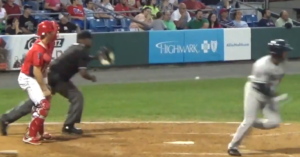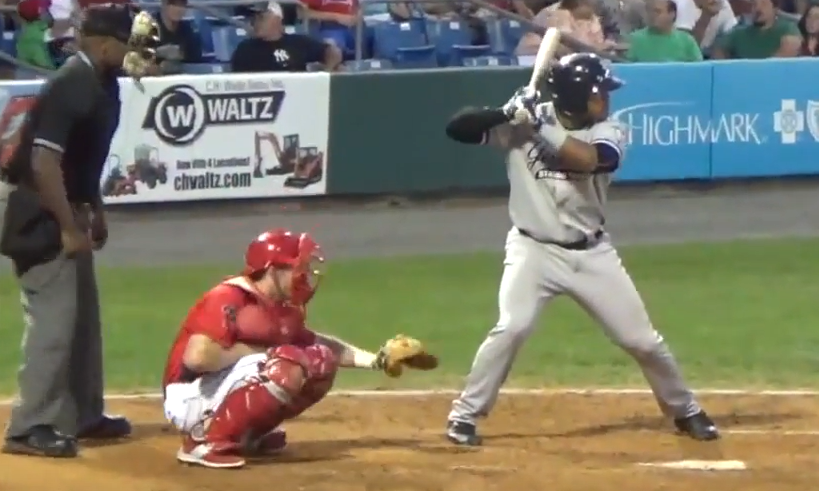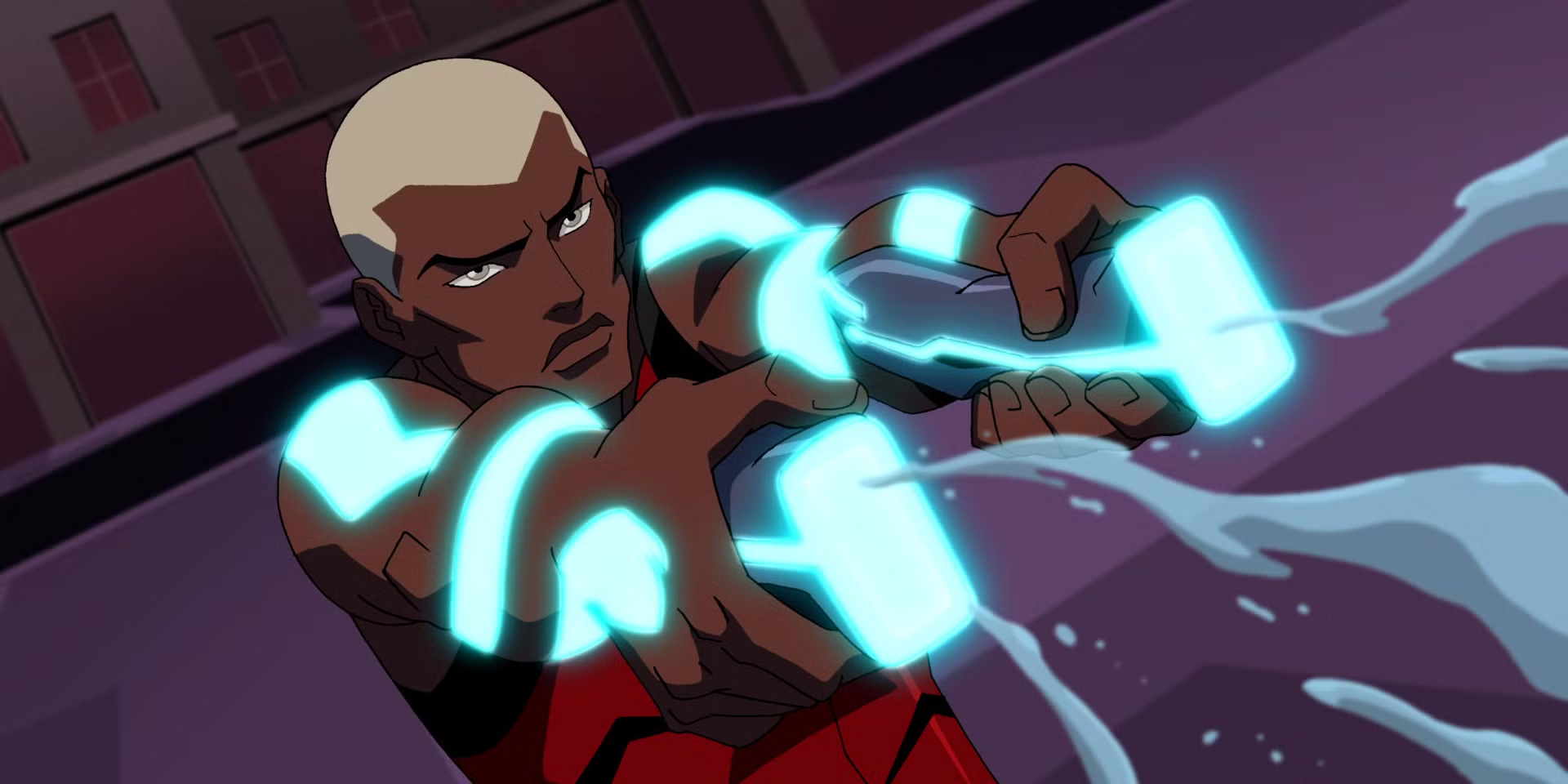Photos: YouTube Screenshots
NEW YORK – Attorney General Letitia James today joined a bipartisan coalition of 18 attorneys general urging the U.S. Supreme Court to hear a challenge to the baseball antitrust exemption, which has unfairly harmed the four New York-based minor league teams and dozens of other minor league teams nationwide. The case, Tri-City ValleyCats, Inc. and Oneonta Athletic Corporation v. The Office of the Commissioner of Baseball, stems from a 2020 agreement among 30 Major League Baseball teams to cut the number of affiliated minor league teams from 160 to 120. Due to a series of judicial decisions dating back a century, Major League Baseball is exempt from antitrust laws, meaning the action to cut 40 teams and harm communities throughout the nation cannot be effectively challenged under the antitrust laws. Attorney General James and the coalition urge the U.S. Supreme Court to reverse the prior decisions and enable the attorneys general to take action under the antitrust laws.

“Baseball may be ‘America’s Pastime,’ but it should also have to play by America’s laws that govern monopolies,” said Attorney General James. “Minor league clubs are part of the fabric of hundreds of communities throughout the nation that don’t have nearby access to a Major League Baseball stadium. By calling these clubs out of the system, Major League Baseball is punishing the fans and local communities. I am proud to stand with this bipartisan coalition of attorneys general to protect these minor league teams, and to empower millions of Americans to head out to the local ballgame.”

Due to the 2020 Major League Baseball decision to reduce the number of affiliated minor league teams, the New York-based Auburn Doubledays, Batavia Muckdogs, Staten Island Yankees, and Tri-City ValleyCats, as well as 36 other teams across 23 states, lost both the ability to compete for minor league talent and the financial support they had from their Major League affiliates. In any other sport or business, that unfair horizontal agreement to restrict competition would have been prohibited by state and federal antitrust laws, which are designed to protect consumers and promote competition. But a century-old series of U.S. Supreme Court decisions exempts baseball from such laws.
The coalition argues that these decisions should be reversed.
The brief focuses on the mistake the Supreme Court made by blocking state enforcement of antitrust laws even though Congress never intended to preempt such state enforcement.







